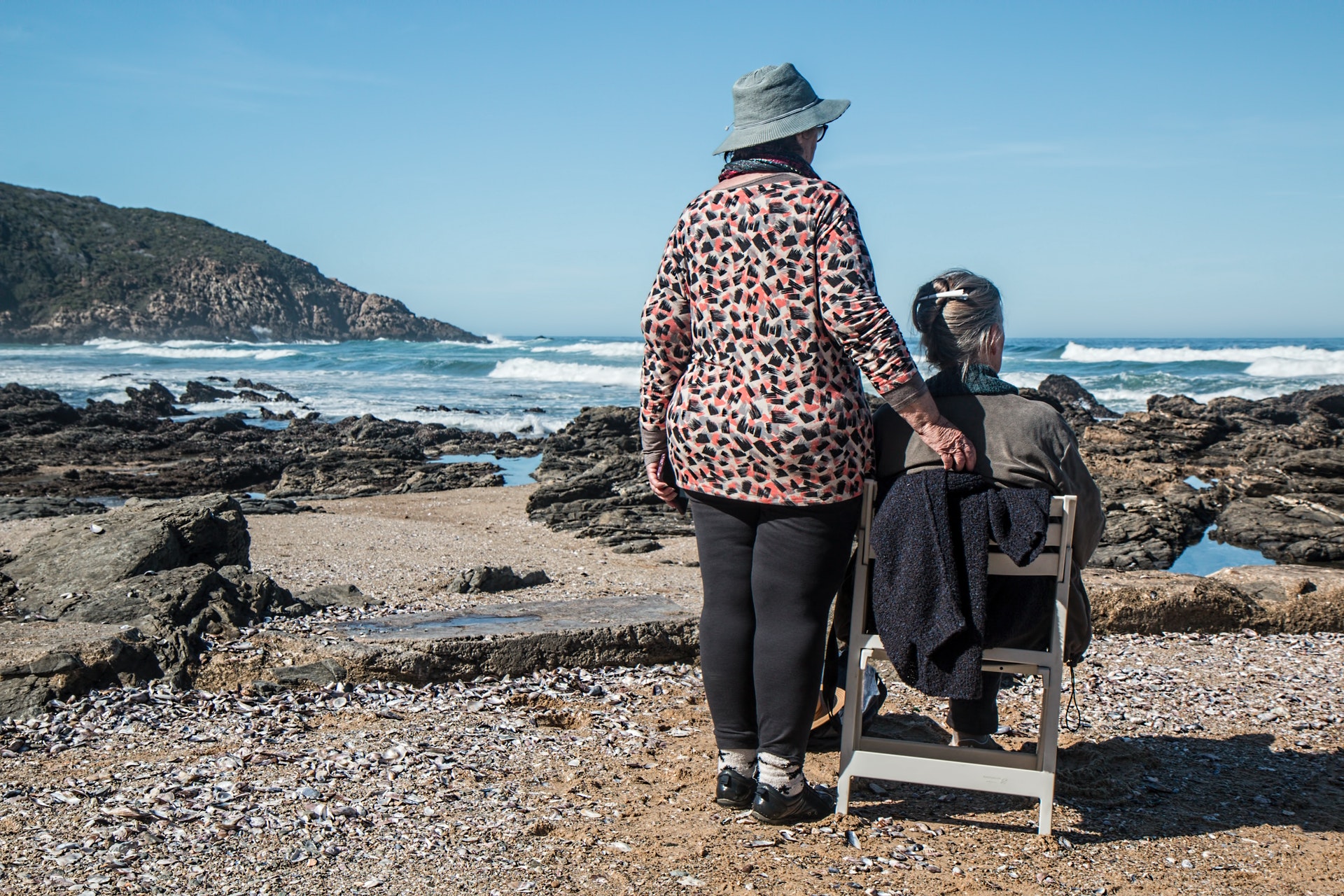The future can feel uncertain if a member of your family has recently been diagnosed with dementia. Depending on their age, this condition can take some time to unravel, and many family members may be unaccustomed to its effects on their relative. While the forgetfulness and mood swings may come as a shock, it’s important to remember that your loved one is still the same person inside. The road ahead may become challenging at times, but with a bit of preparation, you can help prepare yourself for their future with dementia.

Keep the peace
As briefly mentioned, mood swings do play a part in the condition of dementia. This, coupled with the tendency to forget particular details, can be incredibly frustrating for relatives who are trying to help. However, it is important that you do not argue with your relative and try to keep the peace. Take a deep breath, and remember to be the rational party; after all, they cannot help these side-effects, no matter how frustrating they may be.
Consider a home for older relatives
If your family member with dementia is an older relative, you may need to consider a home. While it can be hard to acknowledge that they may not be able to live in their former residence as they once did, a home might be the safest option for them. Choosing a local care home that has experience with treating senior citizens with dignity and respect, such as bristolcarehome.co.uk, will help you keep your mind at peace during the process.
Focus on what they can do
This piece of advice is not only to encourage your family member to be optimistic about what they can physically still achieve but also to remind you, personally, that all is not lost. It can be incredibly challenging and upsetting to watch someone you love struggle, but by focussing on what they are still capable of, you will improve both your mind-set and theirs.
Let them help
If you’ve found that you are increasingly put in the position of carer, it’s important to remember that not all is lost in terms of their ability. An extension of focussing on what they can do should involve letting them join in with tasks around the house such as laying the table, taking the dog for a walk and getting groceries; it’s said that these tasks can provide useful prompts for our memory.
Basic nutrition
One interesting side effect of dementia is that nutrition can be quite difficult; sufferers don’t often realise they are thirsty, for example. Therefore, one extra helpful element of care should be to ensure that they are drinking regularly enough to keep them hydrated and that they are eating a balanced diet. Not doing this could lead to urinary tract infections (UTIs) and other complications.
Once you start to find yourself in the position of being a carer, you may start to wonder whether you are equipped to help. The answer is, of course, that you are; you just need to research how you can help by using the NHS’s resources (including the help of your doctor) and, ultimately, try your very best to be there for them.


